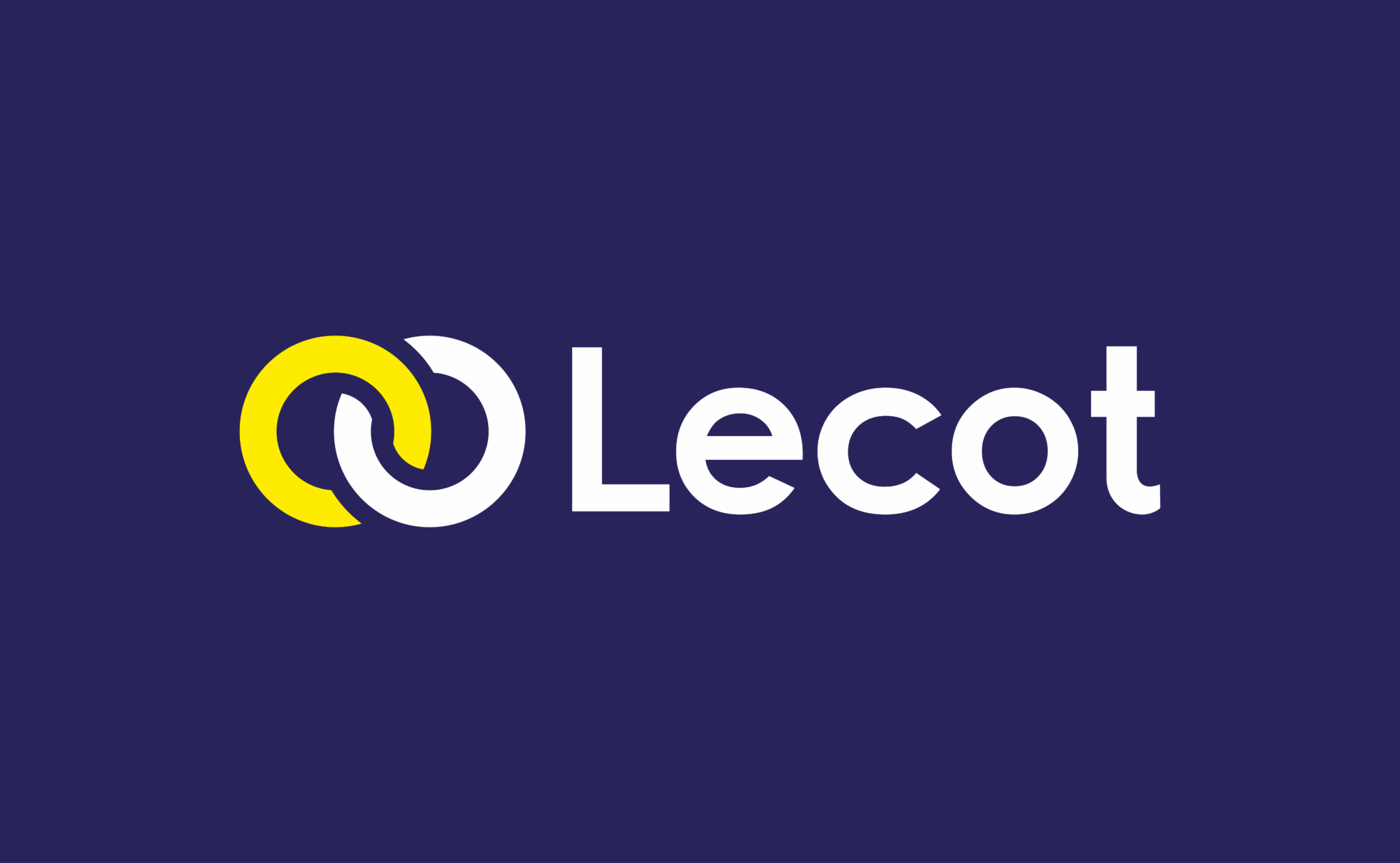
AI Meets ETIM: Lecot’s Smart Migration Journey
120,000+
SKUs Transformed to ETIM
5× Faster
Migration with AI
500+
Attributes Standardized for ETIM
Organization:
Lecot NV
Location:
Kortrijk, Belgium
Industry:
Wholesale to Construction Professionals
Website:
The Challenge
Lecot NV is a leading Belgian wholesaler serving professional builders, contractors, and installers with a comprehensive range of construction materials, tools, and hardware. With around 500,000 active articles in its systems and 120,000 products available online, Lecot operates at a scale where data quality, structure, and consistency are mission-critical.
Historically, Lecot managed basic product information; such as titles, SKUs, and pricing within its ERP, while enrichment took place in Inriver PIM. However, this setup led to fragmented and inconsistent data across systems. Visibility into which articles were complete or missing information was limited, and governance over data quality was minimal.
Over time, multiple teams had worked independently in the PIM, leading to uncontrolled attribute proliferation; for example, over 500 separate instances of the attribute “Colour.” In some categories, dimensions such as length and width were free-text entries, resulting in inaccurate filters and inconsistent customer experiences online.
The ERP–PIM architecture also lacked a clear mechanism to control which articles should be published online. The generic parameter that decided which items were sent to Inriver often included too many products, flooding the system with low-priority items and further complicating enrichment workflows.
To deliver on its strategic focus on Customer Centricity, Lecot needed to rebuild its product data foundation. The goal was to ensure every customer, and every employee, could rely on consistent, correct, and complete product information. Achieving this required moving from a fragmented legacy stack to a modern, centralized, and standardized data environment.
The Transformation
As part of its long-term digital roadmap, Lecot brought on Stibo Systems PIM in July 2024, marking a pivotal shift in its data infrastructure. Stibo replaced a previous PIM, which now takes the central role as the single source of truth for all product data. Operational data such as purchase prices will remain in the ERP, while static and descriptive data will be fully managed in the new PIM.
In parallel, Lecot made the strategic decision to adopt the ETIM classification standard (version 9, Dutch). The move to ETIM enables Lecot to benefit from an internationally recognized structure for product attributes, making collaboration with suppliers easier and improving scalability.
The scope of the migration project is clearly defined:
120,000 articles currently in the previous PIM will be fully transformed into ETIM by the end of 2025.
Given the scale, complexity, and timeline, Lecot selected Onedot as its technology partner to automate classification, accelerate migration, and secure data quality at every step.
How Onedot helped
Onedot’s AI-driven product data platform enabled Lecot to automatically classify and map its legacy PIM attributes into ETIM structures, a process that would have been impossible to complete manually within the timeframe.
Each product was assigned an ETIM class with a confidence score, allowing Lecot’s data team to prioritize validation efforts:
- High-confidence classifications were bulk-approved with minimal review (validated by Lecot).
- Low-confidence results, typically due to incomplete or inconsistent descriptions, were validated manually.
This structured approach increased accuracy and reduced manual workload dramatically.
To ensure smooth collaboration, Lecot and Onedot worked closely through regular online meetings and the Onedot service Desk, where issues and enhancement requests were tracked transparently. For example, Lecot suggested integrating image previews via CDN links into the validation interface, a feature Onedot implemented quickly, making visual verification much easier.
The configurable Onedot interface also proved key to productivity. Each user could personalize their screen layout, filter by product group, and manage validation queues efficiently. This adaptability supported multiple validation styles across teams and enhanced overall throughput.
While the focus so far has been on classification and attribute mapping, Lecot plans to evaluate Onedot’s extraction module in a later phase to enrich the dataset further, automatically identifying and extracting attributes directly from product descriptions, datasheets, and manuals.
The Result
Today, Lecot has already achieved a major milestone:
60% of the 120,000 articles have been successfully classified and mapped to ETIM.
The AI-based process has proven both reliable and efficient. With confidence-level filtering, the team can validate thousands of products quickly while ensuring full control over quality. Compared to manual mapping, Onedot’s AI has made the process up to five times faster, freeing valuable time and resources for higher-value work.
The collaboration has also driven a cultural shift: data quality discussions are now guided by objective AI metrics, and the governance issues of the past, such as duplicated or inconsistent attributes, are being systematically eliminated. Lecot has reduced 500+ duplicate “Colour” attributes to a single standardized ETIM field, ensuring consistency across all products and categories.
By the end of 2025, Lecot’s entire online assortment will be transformed into the ETIM standard and seamlessly integrated into the new PIM. This will provide a clean, consistent, and scalable product data foundation for Lecot’s next-generation Shopware e-commerce platform, scheduled to go live in summer 2026.
The Result in Numbers
- 500,000 total articles in Lecot’s ERP
- 120,000 SKUs covered in the ETIM migration project
- ~60% already classified and validated
- 5× faster product onboarding (than before)
- 500+ attributes consolidated into standardized ETIM fields
- Near-complete ETIM transformation targeted by the end of 2025
- Full new PIM and new shop platform go-live planned for summer 2026
The Result in Numbers
Beyond the current migration, Lecot’s next priorities include defining enrichment levels per product, enhancing data governance workflows in the new PIM, and exploring supplier onboarding automation through Onedot.
With AI now embedded in its data strategy, Lecot views Onedot as a long-term enabler for efficient product data creation, enrichment, and supplier collaboration.




